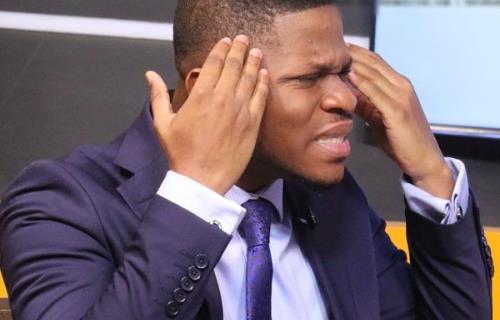The Akwatia by-election, occasioned by the death of Ernest Yaw Kumi, is no ordinary contest. It is a battle for political legitimacy in a constituency long regarded as a swing seat and a bellwether for national politics. Yet, all signs point to one outcome: Kwame Asumadu of the New Patriotic Party (NPP) is poised to win—unless the opposition can miraculously unite.
On the ground, Asumadu has the momentum. Vox pops reveal that he is not only popular but also relatable to ordinary voters. His campaign has struck the right balance of visibility, accessibility, and unity. For a party that has historically struggled with factionalism in some constituencies, the NPP in Akwatia is presenting a rare united front. That cohesion alone gives Asumadu a major advantage.
In sharp contrast, the National Democratic Congress (NDC) is stumbling. Their candidate, Lawyer Bernard Bediako, is entering the race under a cloud of allegations—that he bribed his way through the primaries. Whether true or not, the perception is hurting him deeply. Already, sections of the NDC base feel alienated, with some refusing to campaign actively. For a constituency that has swung back and forth over the years, this disunity is political suicide.
The Liberal Party of Ghana (LPG) candidate, Patrick Owusu, adds a layer of unpredictability. While unlikely to win outright, his candidacy could split disaffected NDC votes, further cementing the NPP’s lead. In a close contest, even a small shift in votes could be decisive—and Owusu is likely to benefit from the frustration of voters who feel let down by the two dominant parties.
Historically, Akwatia is no stranger to dramatic swings. The NPP shocked the NDC in 2008 when Dr. Kofi Asare defeated Baba Jamal. The NDC struck back in 2012, only to lose the seat again in 2016 and 2020. This history shows one truth: Akwatia punishes disunity and rewards discipline.
By that logic, the NPP’s Kwame Asumadu stands in pole position. Unless the NDC can mend its cracks and energize its disillusioned base quickly, it risks not just losing Akwatia but also sending a dangerous signal ahead of the 2028 general elections—that it cannot even hold its ground in critical swing constituencies.
For Akwatia’s people, however, the ultimate question remains unchanged: Will the next MP deliver? The constituency, once the jewel of Ghana’s diamond industry, has long been left to decay. Jobs have dried up, infrastructure is weak, and its youth are restless. If Kwame Asumadu wins, as signs suggest he will, he must know that his popularity today is a loan that must be repaid in development dividends tomorrow.
In politics, perception is reality. And the current perception in Akwatia is clear: the NPP is united, the NDC is divided, and the LPG is a spoiler. Unless a last-minute miracle occurs, Kwame Asumadu will walk into Parliament as the new MP for Akwatia



